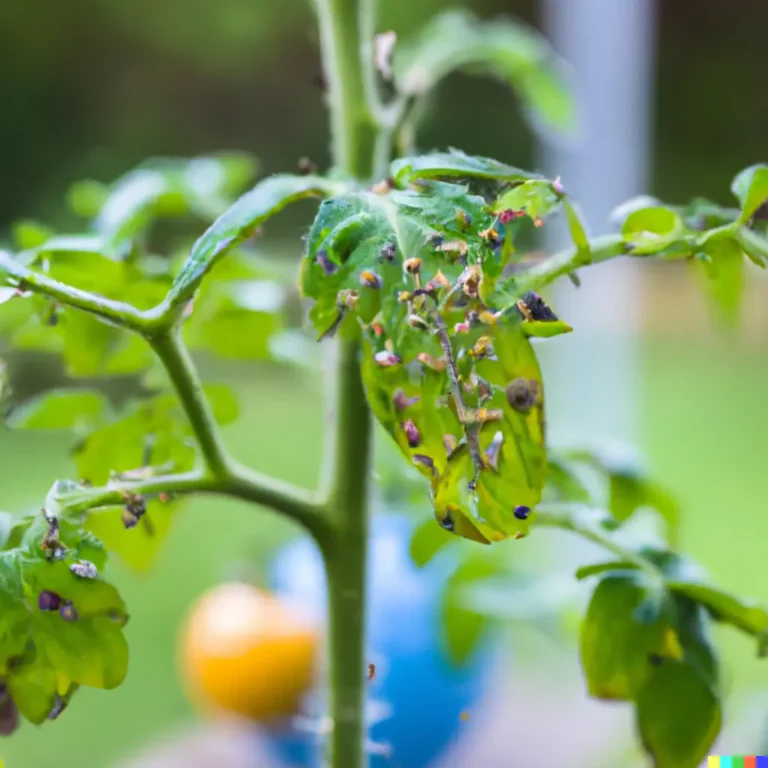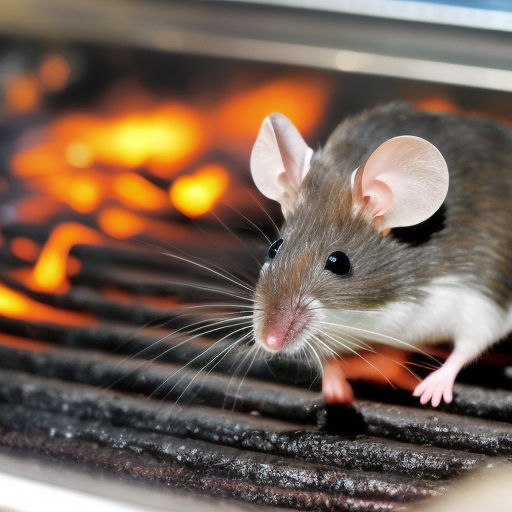how to get whipworms out of yard
As a pet owner, you know how important it is to keep your furry friends healthy and happy. But what do you do when you discover that your backyard is infested with whipworms? These pesky parasites can cause serious health issues for your pets and can be difficult to get rid of. But don’t worry – with a little bit of knowledge and some elbow grease, you can learn how to get whipworms out of your yard and keep your pets safe from these pesky critters.
What are Whipworms and How Do They Affect My Pets?
Whipworms are small, thin worms that infect the intestinal tract of animals, including dogs, cats, and even humans. They get their name from the whip-like shape of their long, thin bodies.
While whipworms are not as common as other types of worms, they can still cause serious health problems for your pets. Symptoms of whipworm infection include diarrhea, weight loss, and abdominal pain. In severe cases, whipworms can lead to anemia and even death.
How Do My Pets Get Whipworms?
Whipworms are spread through the feces of infected animals. If your pet comes into contact with contaminated soil or surfaces, they can easily become infected with whipworms. This is especially common in areas where there is a high population of animals, such as parks and neighborhoods with a lot of pets.
How Can I Get Rid of Whipworms in My Yard?
The good news is that there are steps you can take to get rid of whipworms in your yard and keep your pets safe from these pesky parasites. Here’s what you can do:
Step 1: Clean Up Feces Regularly
The first step in getting rid of whipworms is to clean up feces regularly. This includes picking up after your own pets as well as any stray feces you may come across in your yard. It’s important to do this as soon as possible after the feces is deposited, as whipworms can survive in the environment for several months.
Step 2: Dispose of Feces Properly
Once you’ve cleaned up the feces, it’s important to dispose of it properly. The best way to do this is to double-bag the feces and toss it in the trash. This will help to prevent the spread of whipworms and other parasites.
Step 3: Treat Your Yard with a Parasiticide
If you suspect that your yard may be infected with whipworms, you can treat it with a parasiticide. There are several different products on the market that are specifically designed to kill worms and other parasites. Be sure to follow the instructions on the label carefully, as some products may be toxic to pets and humans.
Step 4: Use a Fecal Egg Count Test
A fecal egg count test can help you determine whether or not your pets are infected with whipworms. This test involves collecting a sample of your pet’s feces and sending it to a lab for analysis. If the test comes back positive for whipworms, your veterinarian can prescribe medication to help your pet get rid of the worms.
Step 5: Prevent Future Infestations
The best way to keep whipworms out of your yard is to prevent future infestations. This can be done by regularly cleaning up after your pets, disposing of feces properly, and treating your yard with a parasiticide on a regular basis. You should also make sure to keep your pets up-to-date on their deworming medication, as this can help to prevent infestations of whipworms and other parasites.
Conclusion
Whipworms can be a serious health threat to your pets , but with a little bit of effort, you can get rid of these pesky parasites and keep your furry friends safe. By cleaning up feces regularly, disposing of it properly, treating your yard with a parasiticide, and using a fecal egg count test to check for infestations, you can take control of the situation and protect your pets from these harmful worms.
Additionally, it’s important to prevent future infestations by keeping your pets up-to-date on their deworming medication and taking steps to maintain a clean and healthy environment in your yard. With a little bit of diligence and care, you can enjoy a whipworm-free backyard and keep your pets happy and healthy.






